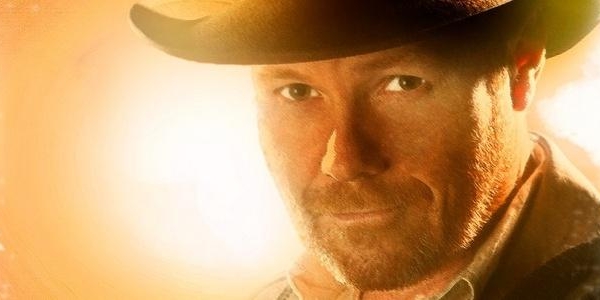From murderous narratives to fatalistic musings, the discourse of rock’n’roll is littered with images of death and dying. But when Wilko Johnson, founding member of legendary UK rhythm and blues band Dr Feelgood, and latter day member of Ian Dury’s Blockheads, was diagnosed with pancreatic cancer, it brought with it a wave of awareness and, Johnson suggests without a skerrick of pretension, ecstasy.
Directed by Julian Temple (whose 2009 film, Oil City Confidential, documented the oft-unheralded career and legacy of Dr Feelgood), The Ecstasy of Wilko Johnson charts Johnson’s personal and emotional journey as he comes to grips with the reality of his prognosis. Johnson, an English literature graduate, former teacher and astronomy buff (and Game of Thrones actor), is no ordinary rock’n’roll musician.
Johnson’s dialogue is peppered with literary quotes, from William Blake to William Shakespeare; the footage of Johnson walking around Canvey Island, the idyllic seaside town where he grew up, is punctuated with scenes from old movies and the occasional shot of the charismatic, bug-eyed, duck-walking Johnson on stage with Dr Feelgood in the early 1970s.
The essence of Johnson’s journey is the insignificance of his own impending death within a broader philosophical and even cosmological context; to the extent there is a modicum of self-pity, it’s that he cannot comprehend what his departure from earth will may mean for his family and friends. Even as we follow Johnson through a life-saving operation – it’s discovered that he has a rare, operable form of pancreatic cancer – you get the sense that Wilko’s pragmatic attitude to both life and death has given him more than anything modern medicine could offer. The Ecstasy of Wilko Johnson is less a film about an old rocker’s impending death, and more a lesson on the importance of enjoying life while it lasts.
BY PATRICK EMERY

